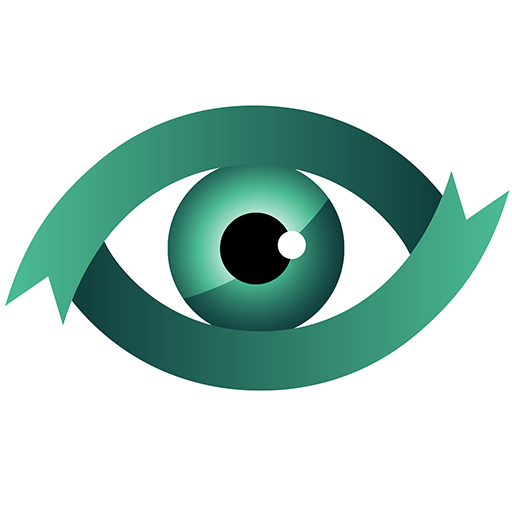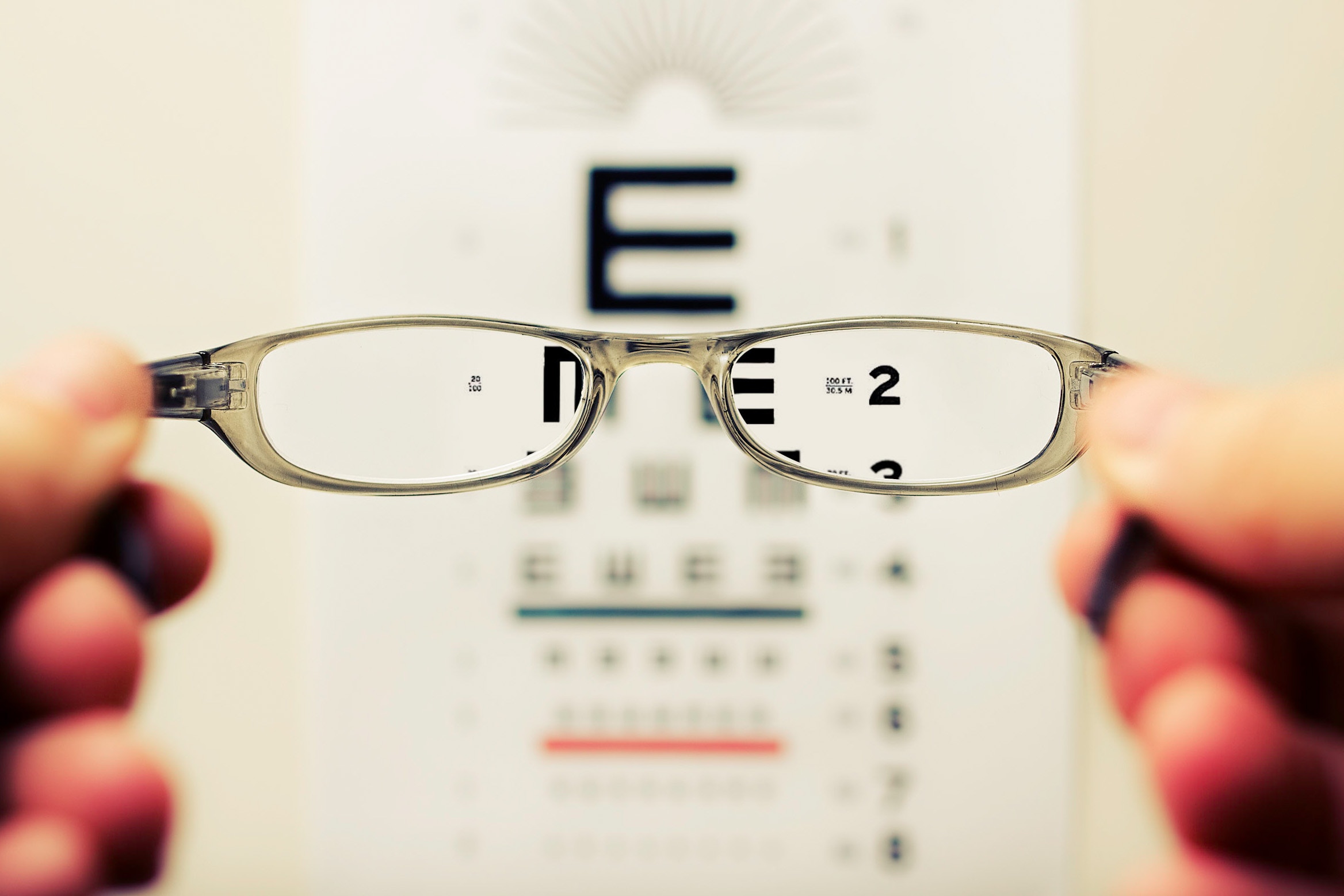What Happens When You Skip Your Annual Eye Exam?
Have you ever skipped your annual eye exam? Maybe you were too busy, or just thought you didn’t need it? Unfortunately, many Americans skip their eye exams and, while it may seem harmless, it can come at a cost.
Most eye complications and changes in vision occur over long periods of time. If you are missing an annual eye exam, you could be missing out on these subtle changes. Continue reading to learn the risks associated with skipping an annual eye exam.
Poor Eyesight Can Cost You Your Life
In many cases, your eyes are your first line of protection in dangerous situations. Think about walking on stairs, crossing a busy street, or even driving. Good eyesight can help you avoid danger and keep yourself (and others) safe.
Eyes Can Show Other Symptoms
Your eyes can tell doctors a lot about your body. Early indications of health issues–such as diabetes, high cholesterol, hormonal imbalances, and even brain tumors–are detectable through the eyes.
Also, eye pain, blurriness, or abnormal pupil dilation, can be indicative of a neurological problem. This is because the optic nerve is directly connected to the brain. You would never know this without seeing an eye doctor.
Eye Diseases
Many eye diseases develop slowly over time and remain asymptomatic in their early stages. Regularly attending eye exams allows your doctor to screen and detect conditions you cannot find yourself, including glaucoma.
If eye diseases are detected early, they can potentially be prevented, treated, or managed much better. As was mentioned above, your eyes are important to your safety, so keeping them healthy is important.
Eyes Can Highlight Allergies
Are your eyes red, itchy, burning, or tearing? If so, this could be a sign of allergic conjunctivitis. At an eye exam, your doctor can help you identify allergens so you can start consciously avoiding them. Doctors can also prescribe certain eye drops to combat the pain. Identifying allergies can improve your quality of life.
Vision and Eye Health Change Rapidly
Just like any part of your body, your eyes change with time. This is why many people need reading glasses as they get older. So, while you may have had 20/20 vision at your most recent checkup, your vision may be worse one year from now.
Similarly, if you wear prescription glasses or contacts, your vision may deteriorate and the prescription you need can change. Wearing the wrong prescription can cause side effects, including blurriness, dizziness, vertigo, nausea, and headaches.
Eye health can also change quickly. Just because your eyes are in perfect health now, does not mean they always will be. Changes in eye health can cause damage. If a doctor does not detect these changes, the damage can become irreversible. Catching issues when they arise can ensure you get correct and timely treatment.
As in all medical fields, the technology to treat eye diseases is always changing. Keeping up with annual eye exams can allow you to take advantage of new technologies, should you need them.
Are You Convinced?
Now that you know why annual eye exams are so important, we hope you schedule one as soon as possible. Regularly getting your eyes checked can significantly improve your overall health and quality of life.





No Comments